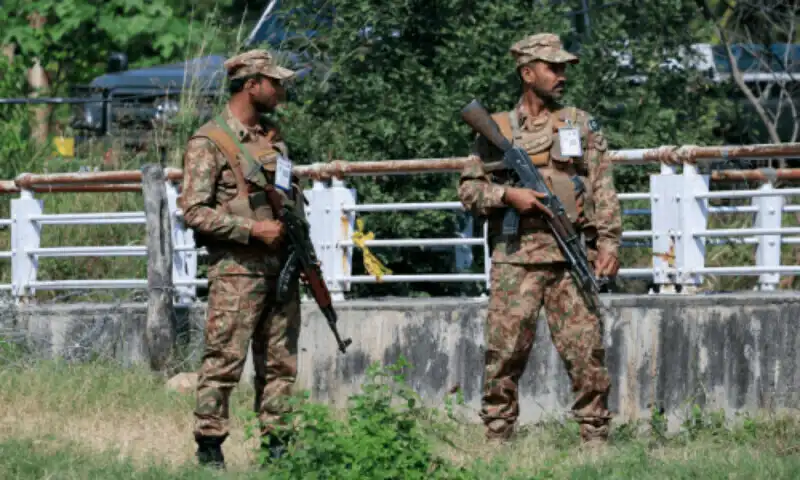Khyber Pakhtunkhwa Chief Minister Ali Amin Gandapur has backtracked from his earlier opposition and now publicly supports the federal government’s proposed military operation aimed at eliminating terrorism in the region. His change of stance came after a crucial high-level meeting with Prime Minister Shehbaz Sharif, civil authorities, and senior military leadership in Islamabad.
Gandapur had initially voiced strong reservations about the Centre’s move to launch a new operation, particularly criticizing the lack of consultation with the provincial government. He argued that Khyber Pakhtunkhwa, being on the frontline of militancy, deserved a key role in decision-making on matters directly affecting the province’s peace and security. The chief minister had also expressed concern about potential backlash and the social consequences of any operation conducted without proper planning and coordination.
However, following assurances from the Prime Minister and security officials that the province’s concerns would be addressed and that the strategy would be jointly developed, Gandapur adopted a more conciliatory tone. He acknowledged the urgency of the security situation and said it was time for all institutions to work together in the national interest. He emphasized that protecting the people of Khyber Pakhtunkhwa from the menace of terrorism should take precedence over political differences.
Speaking after the meeting, Gandapur said, “We want peace in our province and country. Our support for this operation is conditional upon the involvement of the provincial government in planning and implementation. But we are ready to work shoulder-to-shoulder with the federal government and the armed forces.”
The shift in Gandapur’s position comes amid a rising wave of terror attacks in Khyber Pakhtunkhwa and parts of Balochistan. Intelligence reports and ground realities have raised alarm bells in Islamabad, prompting the federal government to propose a renewed and more focused military campaign to eliminate terrorist hideouts, disrupt networks, and restore peace in affected regions.
Federal officials welcomed Gandapur’s revised stance, calling it a “positive development” and a sign of political maturity. A federal minister, speaking on the condition of anonymity, said, “The security of the nation should unite all political parties and provincial leaders. The CM’s support will strengthen the effectiveness of the operation.”
Meanwhile, the military’s top brass reiterated their commitment to ensuring that all anti-terror actions are carried out in accordance with the law, with minimal disruption to civilian life, and with full respect for human rights. The involvement of the provincial government, they noted, would be key in identifying local dynamics and ensuring successful implementation.
This development may also mark a turning point in federal-provincial relations, which have been strained in recent months. Analysts believe that Gandapur’s endorsement of the operation could open the door for more productive engagement between the PTI-led KP government and the coalition-led federal government on other key issues, including economic recovery and rehabilitation of conflict-affected areas.
As the operation unfolds, all eyes will be on how the provincial and federal governments cooperate, and whether this new unity can translate into lasting peace for a region that has long borne the brunt of militancy.























